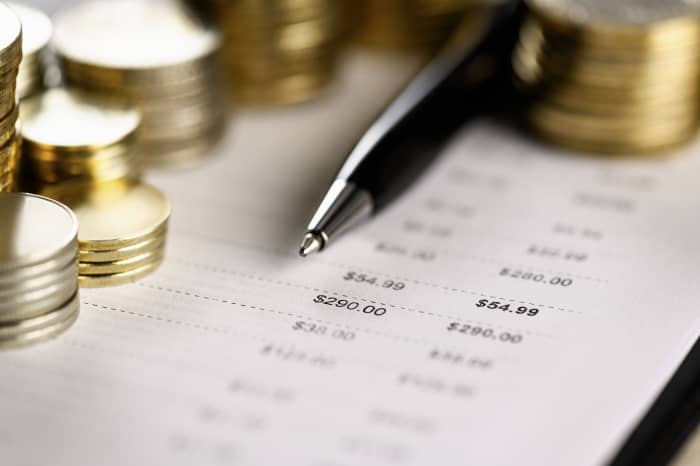This post was originally published on this site

Even when they guarantee a solid return, CDs aren’t always worth it.
Getty Images/iStockphoto
Since interest rates began to rise in March 2022, certificates of deposit (CDs) have gained traction among Americans seeking impressive returns on their money. Some short-term CDs have touted APYs of as much as about 7% recently — though around 5% is much more typical. You can see some of the best CD rates you may get now here.
If you’re considering buying a CD, now might be the time to pull the trigger. MarketWatch Picks highlighted why locking in a current CD rate could be a smart money move, especially on short-term CDs. But even when they guarantee a solid return, CDs aren’t always worth it. Here are some instances where a CD may not work for you.
You’ll need the money soon.
While CDs typically offer higher rates than savings or money market accounts and they have guaranteed and predictable rates of return, they do tend to earn less than stocks and bonds over longer periods of time. What’s more, investors are subject to penalties for withdrawing funds before they reach maturity. Depending on the length of the CD term (they run anywhere from 3-months to 10 years), early withdrawal penalties can range from three months’ interest to 12 months’ interest, which can mean an investor ends up with less money than they started with.
That said, it can still make sense to buy a CD if your goal is short-term and you need money in the next couple years for a home purchase and can’t afford to take the risk that requires a long-term horizon, says certified financial planner Joe Favorito at Landmark Wealth Management. “Sometimes you need to maintain a certain balance at a bank in total to avoid fees on things like checking services and keeping enough in a CD at that bank can sometimes solve that issue,” says Favorito.
While some people might feel like CDs are too cumbersome for their liking, certified financial planner Charles Thomas III at Intrepid Eagle Finance says if you’re worried about choosing the right term for a CD, then a more liquid place for cash might be more appropriate. There can also be a psychological element to a CD where the idea of a penalty may help remove any temptation to spend the money soon. “One of the best benefits of a CD is the rate is locked in and as long as you hold it to maturity, you will know, down to the penny how much interest you’ll receive,” says Thomas.
The effort isn’t worth the return — even when it’s a seemingly high return.
Due to the inverted yield curve (when short-term yields are greater than long-term yields), engaging in the process of buying a short-term CD (1-year or less) might seem arduous for a mid-single digit return. “Under the current scenario where treasury bills pay these high rates in such short terms with almost zero risk and very high liquidity, going for a mediocre rate on a CD will never make sense,” says certified financial planner Alonso Rodriguez Segarra at Advise Financial.
Just because a CD is paying 7% APY, doesn’t mean you’ll actually get the full 7%. “If you see a 6-month or 9-month CD quoted at 7%, just understand that you aren’t getting 7% total, but the equivalent of that for the fractional part of the year you hold the CD,” says certified financial planner James Daniel at The Advisory Firm.
Rates go up and you’re locked in at a lower rate.
It can cost you if rates go up after money is placed in a CD, Segarra highlights. Short of being able to predict exactly where rates are headed, it’s important to note that interest rates on CDs are often tied to what the Fed does, even though they’re not directly linked and other factors are also at play. “When the Fed raises rates in general, other rates will rise,” says certified financial planner Bobbi Rebell, founder of Financial Wellness Strategies. Looking ahead to 2024, Greg McBride, chief financial analyst at Bankrate says, “If the Fed is done raising interest rates and inflation is on the way down, then CD yields will probably be pulling back too. The big win for savers comes when inflation pulls back faster than CD yields because then you can lock in returns that exceed the rate of inflation which increases your buying power.”
For Favorito, CDs are most troublesome in a year like the one we just went through. “Rates are consistently rising and money markets are paying comparable rates to CDs. Rather than having to lock up your money for a period of time, you can essentially earn just about the same with a money market account without being locked up,” he says.
One final thing to consider is FDIC-protection. It’s worrisome if the amount placed in the CD is above what the FDIC protects and something happens to the bank, says certified financial planner Alonso Rodriguez Segarra at Advise Financial.

